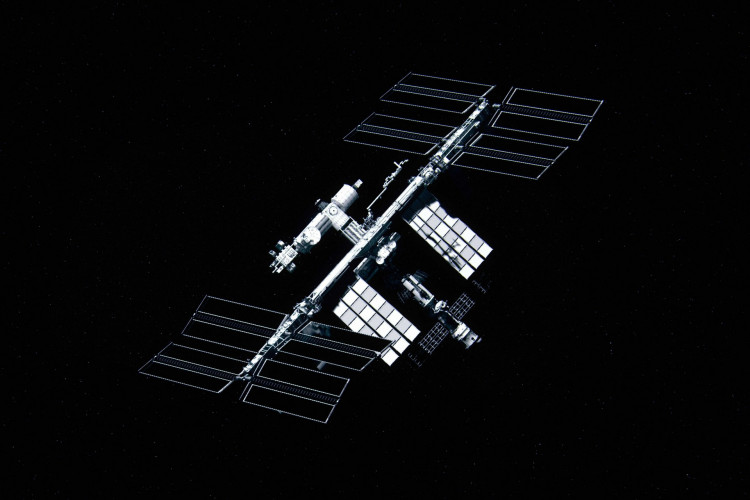The new head of Roscosmos, Yuri Borisov, elaborated on remarks he made last week indicating that Russia intended to leave the International Space Station "after 2024."
There seems to have been some translation error with that message. Borisov addressed this in an interview with the state-run news outlet Russia 24, saying, "We announced that we intend to do this not in 2024, but after 2024. In Russian, these are two big differences."
The interview was published in Russian on the Roscosmos website; Google Translate was used to translate quotes that were printed here in English. In the interview, Borisov described the overarching approach Roscosmos is taking toward its ISS retirement preparations and made it clear that the organization's intention is to continue in accordance with international accords. "The procedure for the withdrawal of the Russian side from the international ISS project is clearly regulated," Borisov explained.
"We haven't informed NASA about this yet; there is no need for this. We merely mentioned that after 2024 we would start the leave procedure."
"We must warn our colleagues a year in advance that we will do this for such and such circumstances. Borisov said in the interview. The withdrawal "can take up to two years," he continued, adding that a notice of withdrawal might be sent at some point in 2024 or 2025.
Borisov's remarks aren't exactly shocking; it's been reported that Russian space officials informed their NASA counterparts last week that Roscosmos intends to remain in the ISS collaboration for a while longer - ideally until Russia launches its own space station in 2028 or so.
We started seriously considering pursuing the [crewed] program and creating a domestic orbital station around two years ago, according to Borisov. The stated justification for his "2024" remarks earlier in the week was the "authoritative opinion of many experts" anticipating the increased likelihood of cascading failures in ISS systems beyond 2024.
"The time that our cosmonauts, including American astronauts, spend on searching for possible malfunctions and eliminating them begins to exceed all reasonable limits. This is done at the expense of scientific research," Borisov said.
In reality, after the ISS is retired, NASA is considering its options for access to low Earth orbit. For instance, the American space agency has given funds to numerous businesses to create commercial space stations that will succeed the ISS.
Although NASA aims to keep the orbiting lab operational through 2030, its legal approval only extends to 2024. However, Borisov believes there will be a threshold of diminishing returns before that time.






